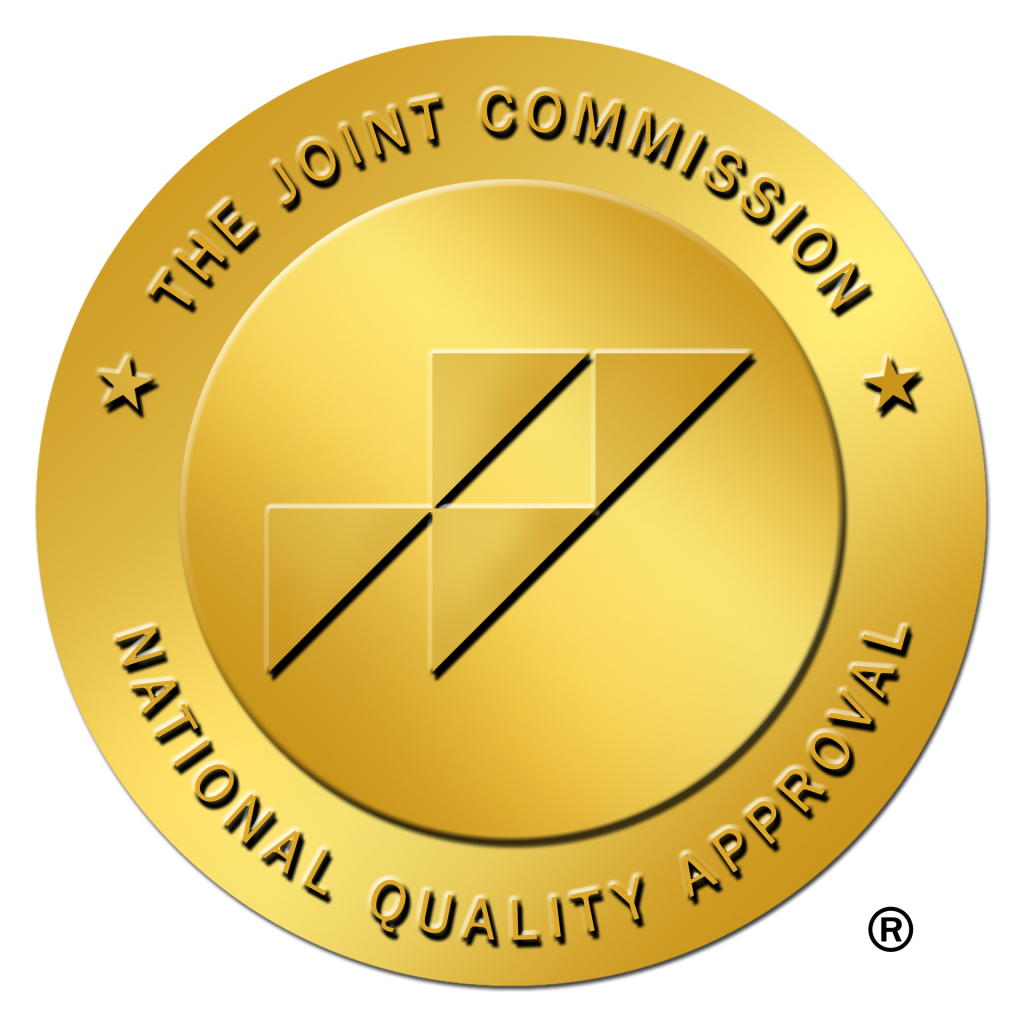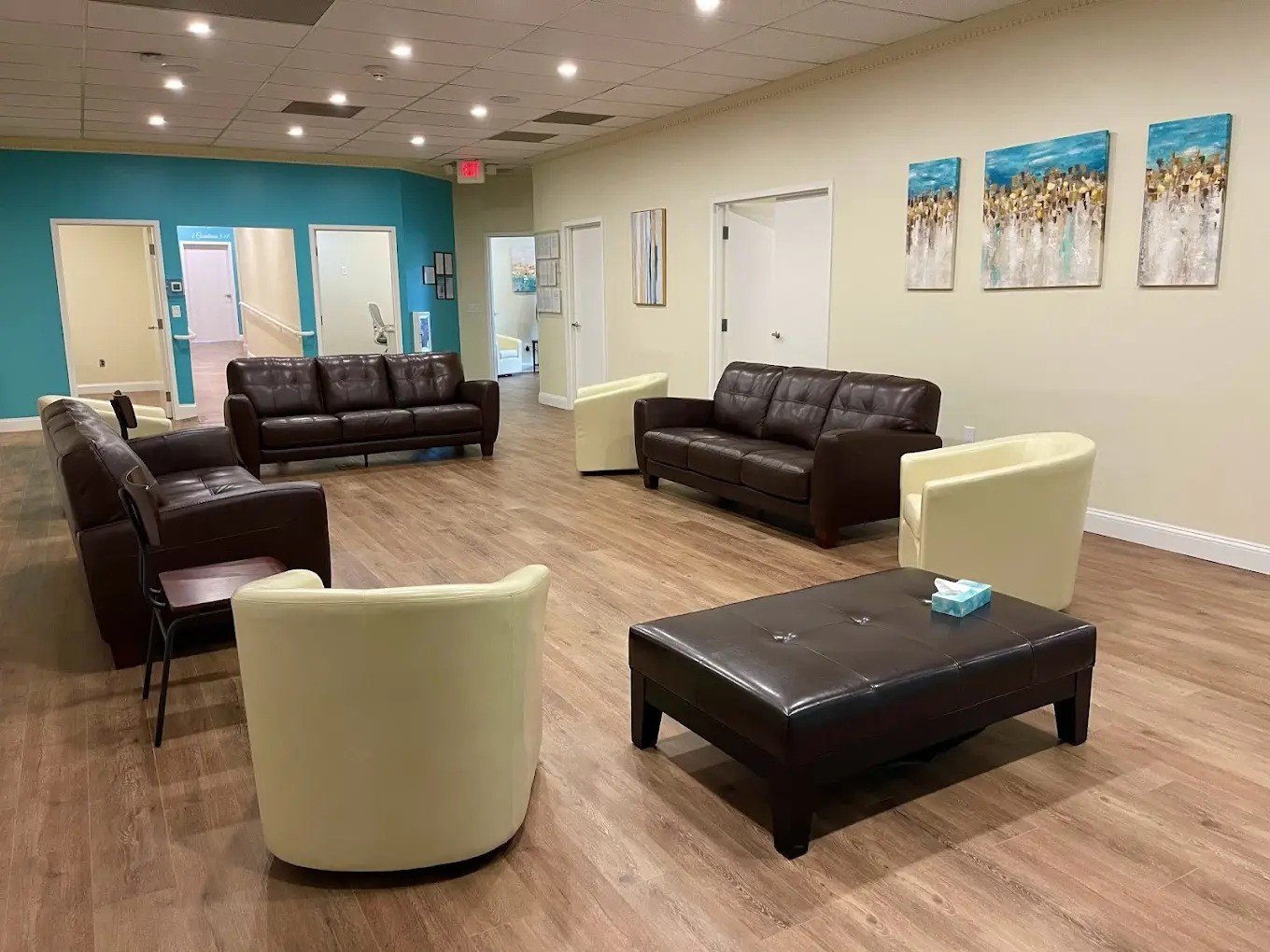Alcohol Rehab Morris County Nj
Exploring Rehabilitation Options in Morris County
When seeking alcohol rehab facilities in Morris County, NJ, it is paramount to understand the diverse array of choices available. The county is home to numerous outpatient and inpatient centers, each offering distinct treatment modalities. Whether you are considering partial hospitalization programs or more flexible outpatient solutions, Morris County provides an array of options tailored to individual recovery needs. Many of these facilities emphasize a holistic approach, integrating evidence-based therapies and specialty tracks.
Understanding the Alcohol Rehab Landscape
Morris County boasts a variety of rehab centers dedicated to addressing the intricate facets of alcohol addiction. Facilities such as New Chapter Recovery in Parsippany-Troy Hills represent the forefront of outpatient care, offering a continuum of evidence-based treatments. Clients benefit from personalized plans that include cross-disciplinary therapeutic modalities, adjusting treatment intensity according to individual progression. This adaptability ensures that every patient receives the care they need, precisely when they need it.
Multifaceted Treatment Approaches
The treatment process in alcohol rehab often involves multiple stages. From detoxification to outpatient care, each phase requires specialized attention. Facilities may provide partial hospitalization for those needing structured support during the day while allowing them to return home at night. Intensive outpatient programs offer a middle ground for those balancing recovery with daily life obligations. Tailored interventions like dual diagnosis support address co-occurring mental health disorders, ensuring comprehensive care.
Personalized Care and Therapy
Rehabilitation is not a one-size-fits-all journey. With an emphasis on personalization, centers in Morris County design treatments to meet the unique needs of individuals. This includes developing plans that incorporate therapies like cognitive-behavioral therapy (CBT), dialectical behavior therapy (DBT), and motivational interviewing. The integration of experiential therapies, such as animal-assisted therapy, adds a unique dimension that can be particularly beneficial for some clients.
Specialty Programs and Unique Offerings
Specialty programs cater to specific populations, providing focused treatment tracks. For veterans, centers like New Chapter Recovery provide treatments aligned with military experiences, accepting VA and Tricare benefits. Faith-based recovery programs and family support systems are also available, allowing clients to align their recovery journey with their values and personal beliefs.
Addiction Treatment for Modern Lifestyles
The flexibility of outpatient programs accommodates the hectic schedules of working professionals. With day and evening sessions, clients can maintain work commitments while actively participating in their recovery process. This flexibility, combined with a robust support system, allows for seamless integration of therapy and daily life, fostering sustainable recovery.
Relapse Prevention Strategies
Long-term recovery hinges on effective relapse prevention. Morris County facilities prioritize this through continued monitoring and tailored aftercare plans. The aim is to equip clients with practical tools for managing triggers and maintaining sobriety. Group therapy sessions and individual counseling continue post-discharge, ensuring ongoing support and accountability.
The Benefits of Accessible Outpatient Care
Outpatient care offers distinct advantages for individuals seeking alcohol rehab in Morris County, NJ. The accessibility of such programs means that individuals can receive high-quality care without the need for residential stays. This approach supports clients in maintaining family connections and community ties, crucial aspects for a successful recovery.
Navigating Insurance and Financial Options
Insurance verification can be a major hurdle for those seeking treatment, but many Morris County centers have dedicated teams to streamline this process. Whether dealing with private insurance or exploring Medicaid options, these teams work diligently to ensure clients can access needed services without financial burdens. Patient insurance reimbursements and private pay options are standard, and facilities often assist with out-of-network benefit checks.
Community Support and Referral Systems
Strong community connections enhance the efficacy of alcohol rehab programs. Collaborative relationships with local healthcare providers, support groups, and social services form a network of support for clients. This comprehensive approach empowers individuals to reintegrate into their communities while receiving ongoing care and encouragement.
Achieving Lasting Sobriety
Rehabilitation centers in Morris County are committed to helping clients achieve lasting sobriety. Through individualized goal setting and therapeutic strategies, clients are guided towards a healthier, alcohol-free life. Continuous evaluation and modification of treatment plans ensure that clients remain on track, adapting strategies as they progress in their recovery journey.
- Evidence-Based Therapies: Centers employ CBT, DBT, and motivational interviewing as core therapeutic interventions.
- Family Involvement: Family therapy sessions are incorporated, emphasizing healing for both the individual and their loved ones.
- Community Engagement: Clients are encouraged to participate in community activities and support groups to foster reintegration.
- Individualized Goals: Treatment plans are tailored to each client’s personal objectives, ensuring relevance and impact.
What are the key factors that differentiate New Chapter Recovery in Morris County from other rehab centers?
New Chapter Recovery distinguishes itself through its comprehensive outpatient care, offering a range of programs like Partial Hospitalization Program (PHP), Intensive Outpatient Program (IOP), and Outpatient Program (OP). Unlike many centers that focus solely on in-patient treatment, New Chapter Recovery provides flexibility for those balancing work and personal commitments, enabling clients to receive quality care while maintaining family and community connections. The center’s dual diagnosis services address both substance use and co-occurring mental health disorders, ensuring holistic treatment. Their use of evidence-based therapies, such as CBT and DBT, combined with specialty tracks including animal-assisted therapy, offers a personalized recovery experience catering to individual needs. For those seeking structured support, the PHP schedules offer the daytime rigor needed for recovery with the comfort of night-time family interactions.
How does alcohol rehab in Morris County address the needs of working professionals?
In Morris County, many rehab centers, including New Chapter Recovery, recognize the unique challenges faced by working professionals. Flexible scheduling is a crucial feature, with day and evening sessions available to accommodate work commitments. This flexibility allows professionals to participate in therapy without interrupting their careers. Additionally, the outpatient model enables individuals to integrate treatment into their daily lives seamlessly. Many clients find that this balance bolsters their recovery by reducing stress and maintaining normalcy. An anecdote from a client shared that attending evening group therapy allowed them to connect with others facing similar pressures, providing mutual support and understanding. How do you think such flexibility could impact your or someone else’s recovery journey?
What innovative treatment approaches does New Chapter Recovery incorporate into its programs?
New Chapter Recovery prides itself on an array of innovative approaches to addiction treatment. They incorporate experiential therapies like animal-assisted therapy, which can create a calming and therapeutic environment conducive to healing. Veterans can benefit from the veterans treatment program, which respects and integrates military experiences into their recovery framework. Moreover, the center employs motivational interviewing to encourage clients to express and resolve ambivalence about change, thus promoting intrinsic motivation for recovery. These methods, combined with traditional therapies like CBT and DBT, provide a comprehensive and adaptable treatment spectrum. Have you explored alternative therapies in your recovery journey or considered how they might enrich the process?
How does personalized therapy contribute to successful recovery outcomes at New Chapter Recovery?
Personalized therapy is a cornerstone of successful recovery at New Chapter Recovery. Treatment plans are meticulously tailored to each individual’s objectives, personality, and needs, ensuring relevance and effectiveness. For instance, a client might require a mix of cognitive-behavioral therapy and motivational interviewing, complemented by involvement in community support groups. This individualized attention helps clients stay engaged and make meaningful progress. A personalized approach fosters a deeper understanding of one’s triggers and coping mechanisms, critical for long-term sobriety. What specific areas of your personal experience do you think could benefit from more targeted therapeutic attention?
What strategies are implemented at New Chapter Recovery to prevent relapse?
Relapse prevention at New Chapter Recovery is proactive and comprehensive. The center focuses on equipping clients with practical skills to identify and manage triggers. Regular individual counseling and group therapy sessions continue even after formal treatment ends, providing ongoing support. They also emphasize creating robust aftercare plans tailored to each client’s circumstances, ensuring a structured path back into everyday life. Continued community support and engagement in recovery programs are encouraged to sustain motivation. A story from a past client highlighted how participating in weekend group sessions helped them navigate initial challenges after treatment, ultimately leading to lasting sobriety. What support systems do you think are vital to maintain recovery post-treatment?
How does New Chapter Recovery assist with navigating insurance and financial barriers to treatment?
Navigating insurance and financial concerns is often daunting for those seeking rehab, but New Chapter Recovery simplifies this process. The center has a dedicated admissions team that handles insurance verification swiftly, ensuring access to necessary services. Whether it’s a private insurance policy or a government plan like Medicaid, every effort is made to minimize financial stress for the client. Additionally, the facility supports out-of-network and Tricare benefit checks, and offers alternatives such as private pay options. This ensures that financial hurdles don’t become a barrier to receiving essential treatment. Have you considered how financial planning and assistance might impact your treatment journey?
Why is community support crucial in the alcohol rehab process, according to New Chapter Recovery?
Community support is seen as an integral part of the rehab process at New Chapter Recovery. The center collaborates with local healthcare providers, social services, and support groups to form a network of care that extends beyond clinical treatment. This interconnected approach ensures clients have access to a wide range of resources, aiding their reintegration into society. Being part of such a community can enhance accountability and provide encouragement, both critical for sustained recovery. A hypothetical example might be a client who, after completing outpatient treatment, joins a local recovery group, finding additional camaraderie and motivation. How do you perceive the role of community in supporting long-term recovery?
What measures does New Chapter Recovery take to ensure clients achieve lasting sobriety?
Ensuring lasting sobriety is a key mission at New Chapter Recovery, achieved through individualized goal setting and continuous treatment adaptation. Clients are encouraged to set realistic, measurable goals and are supported in their pursuit with tailored therapeutic strategies. Regular evaluations ensure that treatment plans remain effective, allowing modifications as clients progress. This dynamic approach not only addresses immediate recovery needs but also prepares individuals for long-term success. A past client shared how setting small, achievable milestones kept them focused and motivated throughout their journey. What small goals could you set today that might contribute to lasting change in your own recovery?
Resources
- Substance Abuse and Mental Health Services Administration – SAMHSA is the leading government agency working to reduce the impact of substance abuse and mental illness on America’s communities.
- National Institutes of Health – The NIH is the primary agency for conducting and supporting medical research and is composed of 27 Institutes and Centers.
- American Psychological Association – The APA is the leading scientific and professional organization representing psychology in the United States.
- National Alliance on Mental Illness – NAMI is the nation’s largest grassroots mental health organization dedicated to building better lives for the millions of Americans affected by mental illness.






